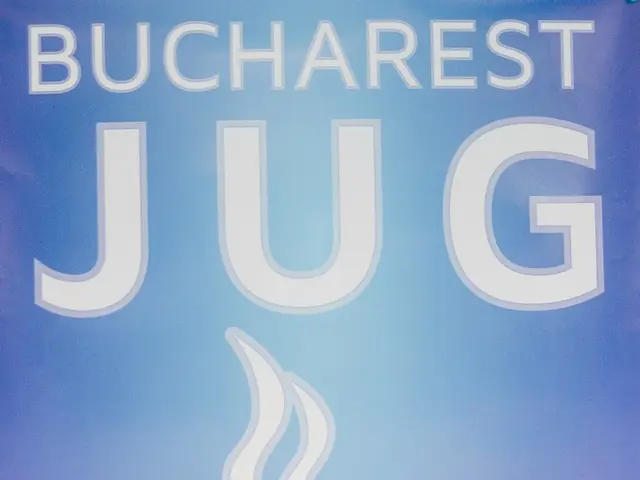Conquering the Unease of Tax Return Filing? Here's How to Smash It
Adopting the strategy: This outlines the method you employ.
Here's the bitter pill we all swallow sometime: procrastinating on dreaded tasks. Filing tax returns is a familiar offender. But how can one shake off that inner resistance? Keep reading to find out!
We couldn't help but wonder why folks delay processing those tax returns until the last hour. So, we chatted with renowned behavioral economist, Dr. Thomas Mathar, to get his insights.
What gives taxpayers the blues when it comes to tax return filing?
Dr. Mathar: Well, you see, people often push back on unpleasant or complex tasks - it's classic procrastination. It might seem logical to finish the tax return early and even pocket a refund. But from a behavioral perspective, let's break it down:
- First: Tax systems can appear complex and confusing, setting folks on edge.
- Second: There's no immediate reward. The effort needed for the tax return is immediate, while any refund (if any) is in the future.
- Third: No one's watching. One doesn't have to worry about peer pressure whether the tax return is submitted early or late.
- Fourth: Without a deadline, there's no urgency. Pressure only kicks in right before the deadline.
Where does the unease towards tax return filing stem from, and how can one break free from it?
Feelings of unease are usually driven by past experiences, irrational beliefs, or false assumptions. Adopting a fresh perspective can help.
Advice Don't Just Settle, Shine: Instead of grumbling about the chore but getting it done, try thinking: What will it feel like to have it done and dusted? Instead of focusing on the bureaucracy, view filing taxes as an annual financial health check-up – a chance to gain more control over your finances.
So, how can one conquer this unwelcome bureaucracy and get it done earlier in the year?
Take a leaf out of behavioral science and try these methods:
- Reward Yourself: Tie the tax return completion to a pleasant activity, like indulging in a sweet treat you wouldn't normally have. Such rewards help make the task more enticing.
- Break It Down: Divide the daunting task into smaller, bite-sized chunks. For example, don't tackle the tax return as a whole; start by collecting receipts.
- Make a Date: Schedule a specific time to work on each task, maintaining consistency and making steady progress.
- Stay Motivated: Knowing that many people in your circle have already filed their tax returns can be inspiring. We humans are social creatures and we orient ourselves towards social norms, desiring to belong.
More Insights 2025 Tax Changes: What You Need to Know: Instead of shuddering at tax changes and penalties, let's make tax returns simpler, more rewarding, and less off-putting.
About the expert: Dr. Thomas Mathar heads the Center for Behavioral Research at Aegon UK, a leading provider of investment and financial services. He conducts large-scale studies to understand the factors that drive or hinder people in making sound financial decisions in the long term.
- Tax assessment
- Income tax
- Tax office
- Tax return
- Tax tips
- Consumer
- Association of Taxpayers
- Employee
- Dr. Mathar suggests the reason for procrastination on tax return filing is due to the complexity and lack of immediate reward, as well as the absence of peer pressure or an immediate deadline.
- To break free from the unease towards tax return filing, one can consider adopting a fresh perspective, viewing filing taxes as an annual financial health check-up, and using methods like rewarding oneself, breaking the task into smaller parts, scheduling specific work times, and staying motivated.
- The unease towards tax return filing is often driven by past experiences, irrational beliefs, or false assumptions.
- Instead of viewing tax changes and penalties as negative, one can make tax returns simpler, more rewarding, and less off-putting by advocating for community policies that promote vocational training in personal-finance and business, helping taxpayers better understand and manage their finances.





